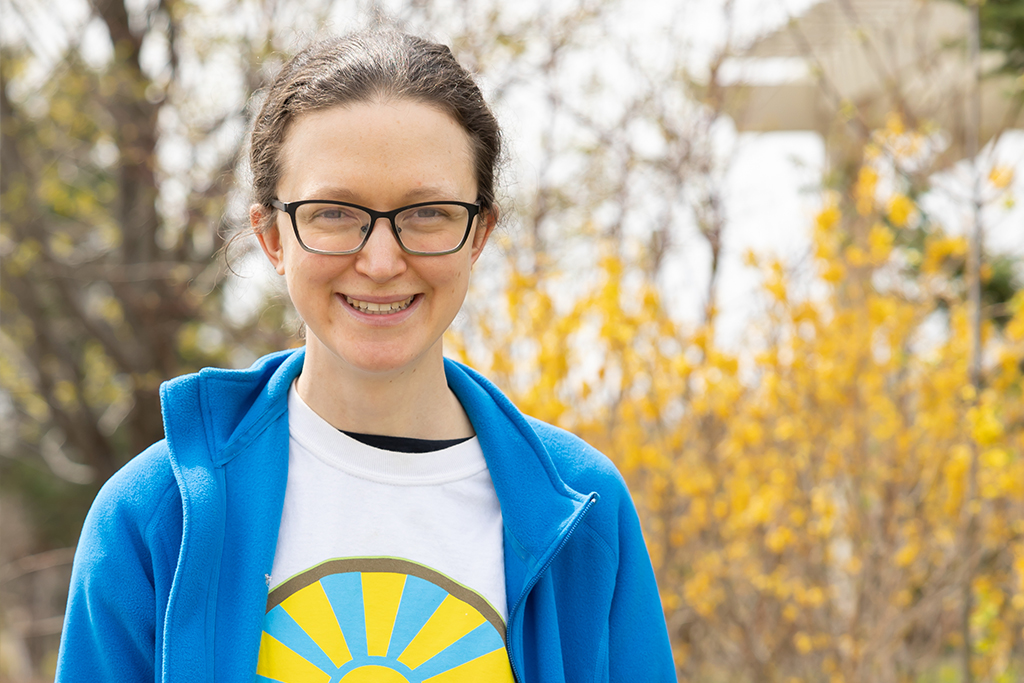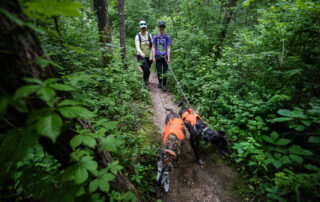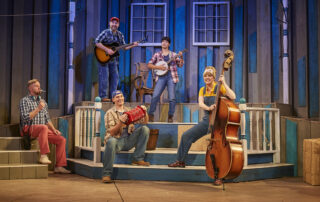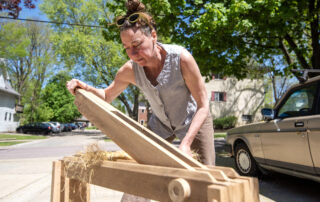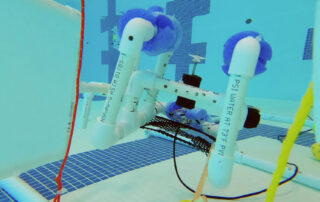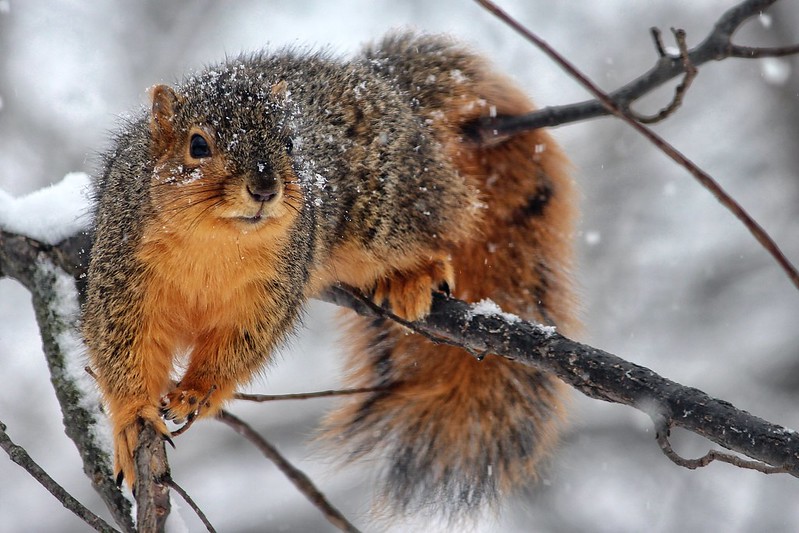Across Wisconsin, there are people struggling to access healthy and culturally appropriate foods. It’s a complex issue that some communities, like Green Bay, are addressing through community gardens.
In 1994, UW-Extension nutritionist Karen Early started The Community Garden Program in Brown County with six families as a way to combat food insecurity. In the summer of 2021, more than 250 families will be working 12 different plots in a partnership between the City of Green Bay and Brown County.
A new podcast from our partners at Wisconsin Humanities called “Human Powered” is digging into these gardens and meeting some of the people who work there.
==
Margaret Franchino has been working full-time as the Community Garden Coordinator in Brown County for the last eight years.
“I love being outside,” said Franchino. “And then the multiculturalism of the gardens was really interesting to me, too, that people of all different backgrounds participate in the program.”
Franchino meets most people out in the gardens, either by organically being there or by crossing paths with them.
“It’s so interesting to hear, especially because so many of our gardeners are immigrants and/or refugees. Just hearing their stories and what gardening means to them and their gardening background,” Franchino said. “The vast majority of them are much better gardeners than I am, so a lot to learn from them.”
“This is mostly what she grows,” said Nhoua Duffek, who translates for one of the gardeners, Chao, who asked that we only use her first name. “She grows dark greens. This is sugar snap pea leaves. She plants a lot of lemongrass.”
Chao has been a community gardener for more than 20 years. She’s originally from Laos, a place where farming and gardening were a central part of her culture.
“Back in Laos, because the Hmong population all live in the mountains, mostly you just use your hands and your shovel to work,” said Chao.
Chao started gardening as a kid in those mountains.
“Since when I was little, as soon as I knew how to dig, that’s when I started gardening. And yes, I do remember back in the Homeland,” Chao said.
And she still has tools from back home.
“I actually had some of my own tools,” Chao said. “They belong to my parents and yes I still remember a lot of those memories.”
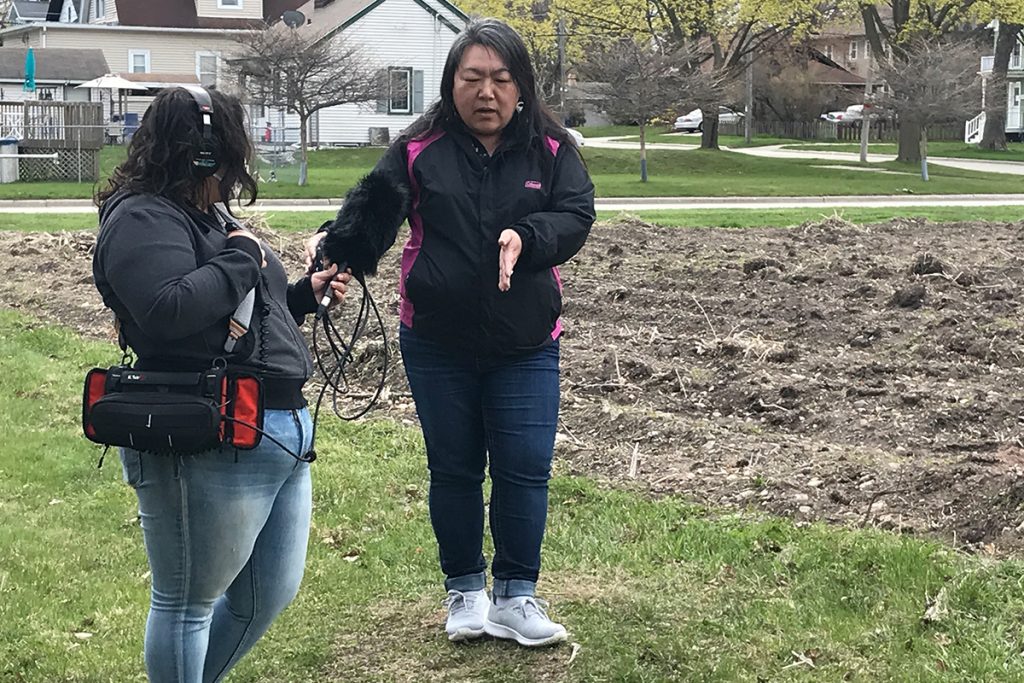
Human Powered producer Jade Iseri-Ramos (l) interviews gardener Sarah Ly at one of Brown County’s community gardens. (Courtesy of Wisconsin Humanities)
Gardener Pedro Perez Perez has lived in the Green Bay area for 17 years. But before that, he was in California and Mexico — two very different growing climates than Wisconsin’s. Perez said the food that connects him back to those places, is salsa.
“I would say tomatoes, tomato salsa is one of the foods that I really identify with,” Perez said. “Salsa basically goes in every single food.”
So Perez needs his tomato plants to be hardy. And he’s found Wisconsin’s shorter growing season does have some benefits.
“Tomatoes grow better, but the seasons are shorter.”
So Perez hustles to maximize the growing time, working in the garden three or four days a week and up to three hours per day.
“If we don’t work, obviously we will not be able to harvest our items,” Perez said.
Gardeners here rely on this land. It puts food in their kitchens and pantries throughout the year. But according to Franchino, the gardens also serve a deeper purpose: they build community.
“It really is a place where people can come together and meet people,” Franchino said. “Gardening is such a universal activity that people of all different backgrounds do, and so it’s really special that they can come together and be together in that space. I don’t think there’s a lot of other spaces like that in the community. I think that’s a really powerful thing.”
That story came to us from “Human Powered,” a new podcast from Love Wisconsin and Wisconsin Humanities. It’s a monthly series that it is out now and a place you can hear more about the work of Margaret Franchino and The Community Gardens Program in Brown County. This story was narrated by “Human Powered” host Jimmy Gutierrez and produced by Craig Eley.
